The idea that John Lennon and Frank Zappa would collaborate in the 1970s wasn’t just an exciting one—in some ways, it seemed like a surefire thing. Zappa had long been the rock ‘n’ roller living on the edge of conventionality and proud of it. Lennon was the rogue ex-Beatle, finally in a position to dive headfirst into the pool of psychedelia and scream therapy into which his time with The Beatles only let him dip his toes. Why wouldn’t these two rockers join creative forces?
Videos by American Songwriter
Lennon had expressed his admiration for Zappa before. When discussing the minimization he felt in The Beatles, Lennon once said, “I’d sooner be like Zappa and say, ‘Listen, you f***ers. This is what I did. And I don’t care whether you like my attitude saying it.’ But that’s what I am, you know. I’m a f***in’ artist, and I’m not a f***in’ PR agent or the product of some other person’s imagination.”
“Whether you’re the public or whatever, you know, I’m standing by my work,” Lennon continued. “Whereas before I would not stand by it.”
Just one year after Lennon first shared his praise for Zappa to Rolling Stone, Zappa found himself in a position to stand by his work against Lennon.
John Lennon’s “Jam Rag” vs. Frank Zappa’s “King Kong”
On the afternoon of June 6, 1971, a Village Voice reporter knocked on the hotel room door of Frank Zappa. When the late-night rock ‘n’ roller, sleepy-eyed and still disheveled at the bright-and-early hour of 2 p.m., answered the door, the journalist asked him if he would like to meet Lennon. Zappa obliged and eventually asked Lennon if he wanted to sit in on a few songs with him and his band at their Fillmore East show. “I thought it’d be good for a few laughs,” Zappa later told Rolling Stone. “He said yeah, and they did.”
Coincidentally, Zappa and his crew were already recording their live performances for a different purpose. So, Zappa offered Lennon a copy of the master recordings that they could both use as they pleased. Since most of the performance was improvisational jamming, this was technically a fair deal. But in a twist of events that Zappa called the “horrible part of the story,” the Mothers of Invention, Lennon, and Yoko Ono did play some pre-existing musical compositions—ones with clear songwriters and copyright holders. One of those songs was Zappa’s “King Kong”.
Zappa planned on releasing “King Kong” on a Mothers of Invention album. But before he did, Lennon and Ono released that 1971 Fillmore East performance of Zappa’s song on their fourth studio album, Some Time in New York City, renamed it “Jamrag”, and gave themselves songwriting and publishing rights. “Now, obviously, this song has a melody and chord changes. Somebody did write it. And it was not them. So, whoops,” a visibly annoyed Zappa said in a 1984 interview.
A Greater Lesson in Commercialism vs. Expressionism
Crossing all the t’s and dotting all the i’s on a record is a tedious process, and sometimes, the eagerness to put out a final product supersedes the patience required to fully credit an album’s work. John Lennon and Yoko Ono releasing the controversial Some Time in New York City without clearing all of the collaborative performances of potential copyright infringements seems more like a hasty oversight than an intentional theft. Still, Lennon and Ono’s true intentions didn’t change the way Zappa felt when he realized his composition was renamed and recredited without his consent—from his show that he invited them on.
Considering all the players in this so-called feud were figureheads of the more avant-garde corners of rock ‘n’ roll, that they would butt heads so publicly seems to highly a greater chasm in the eccentric subgenre. Lennon might have spent his final years experimenting more broadly than he had with The Beatles. But the Fab Four was still his upbringing. You don’t become one-quarter of the biggest band in the world by not knowing what makes music commercially successful.
Zappa, on the other hand, often rebuked commercialism. “King Kong” reached its peak importance mid-song on the Fillmore stage that summer night in 1971. To prioritize an album release over musical integrity flew in the face of Zappa’s ethos, something that clearly still bothered him even years after Lennon’s passing.
Photo by Ian Dickson/Redferns

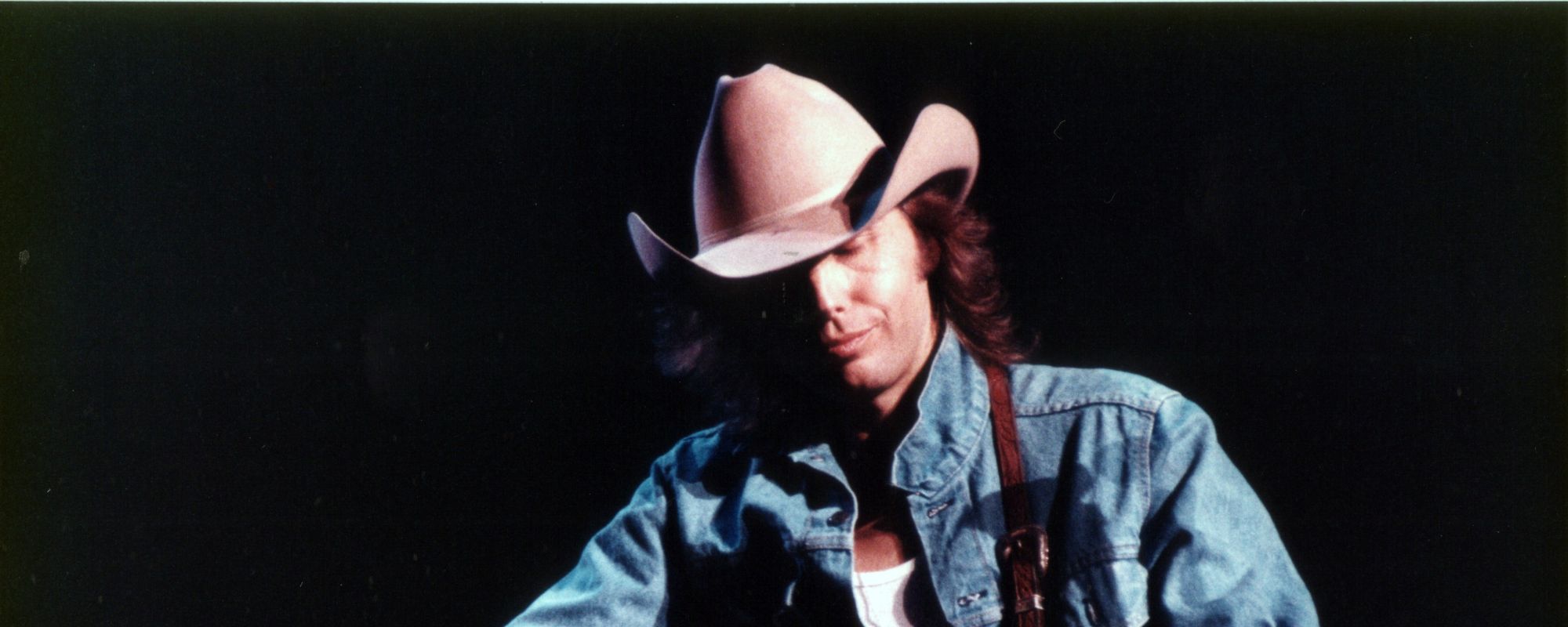
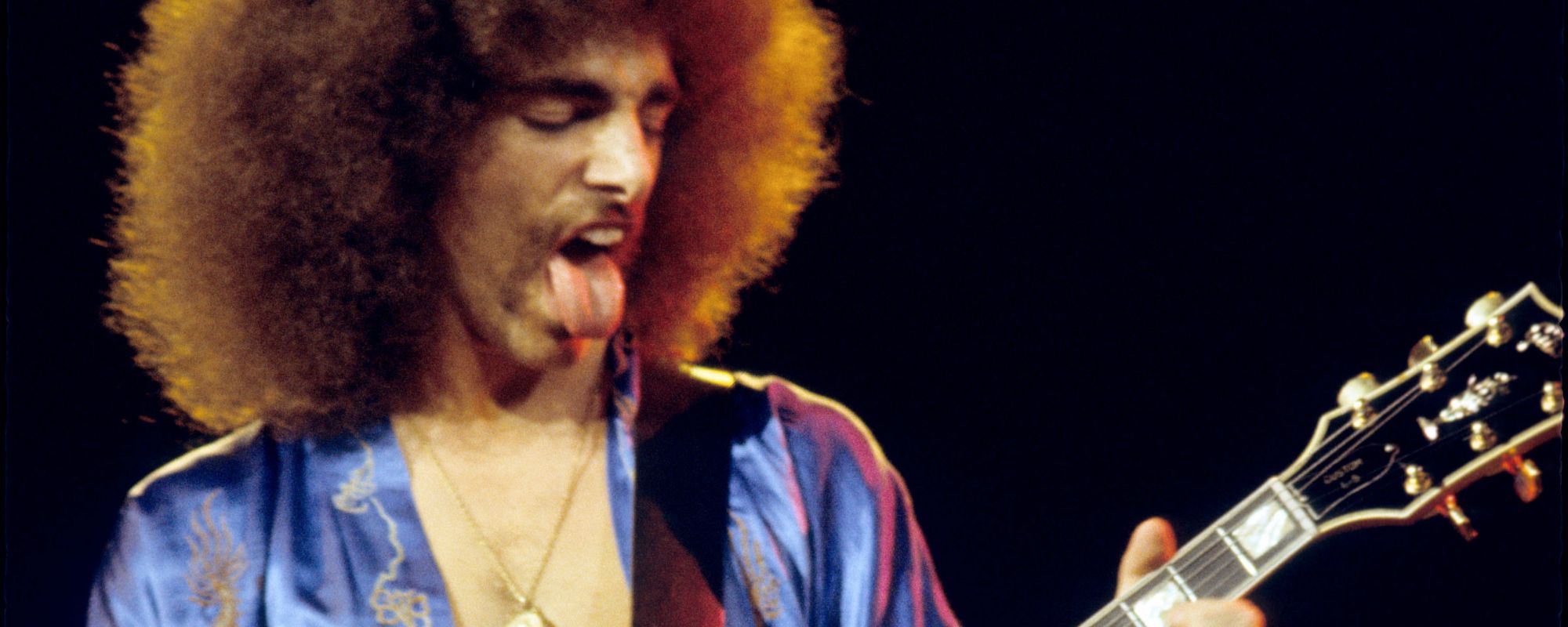
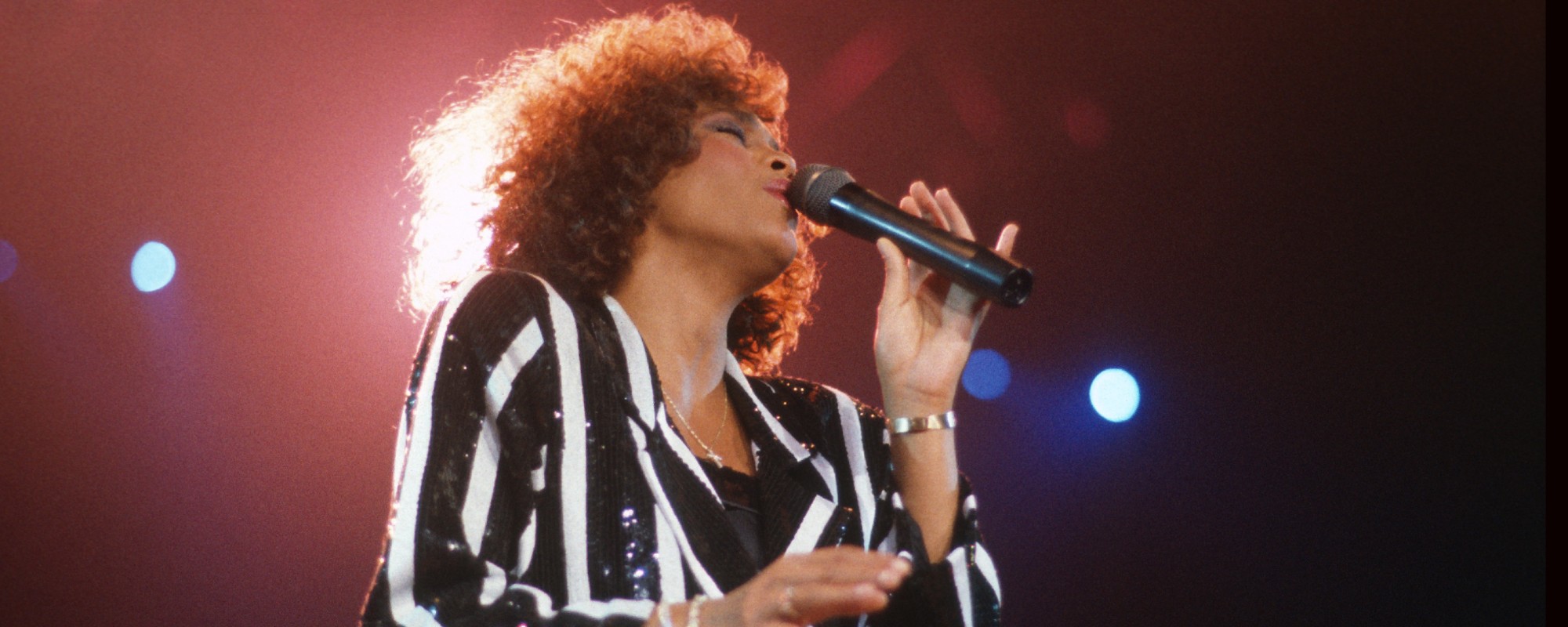

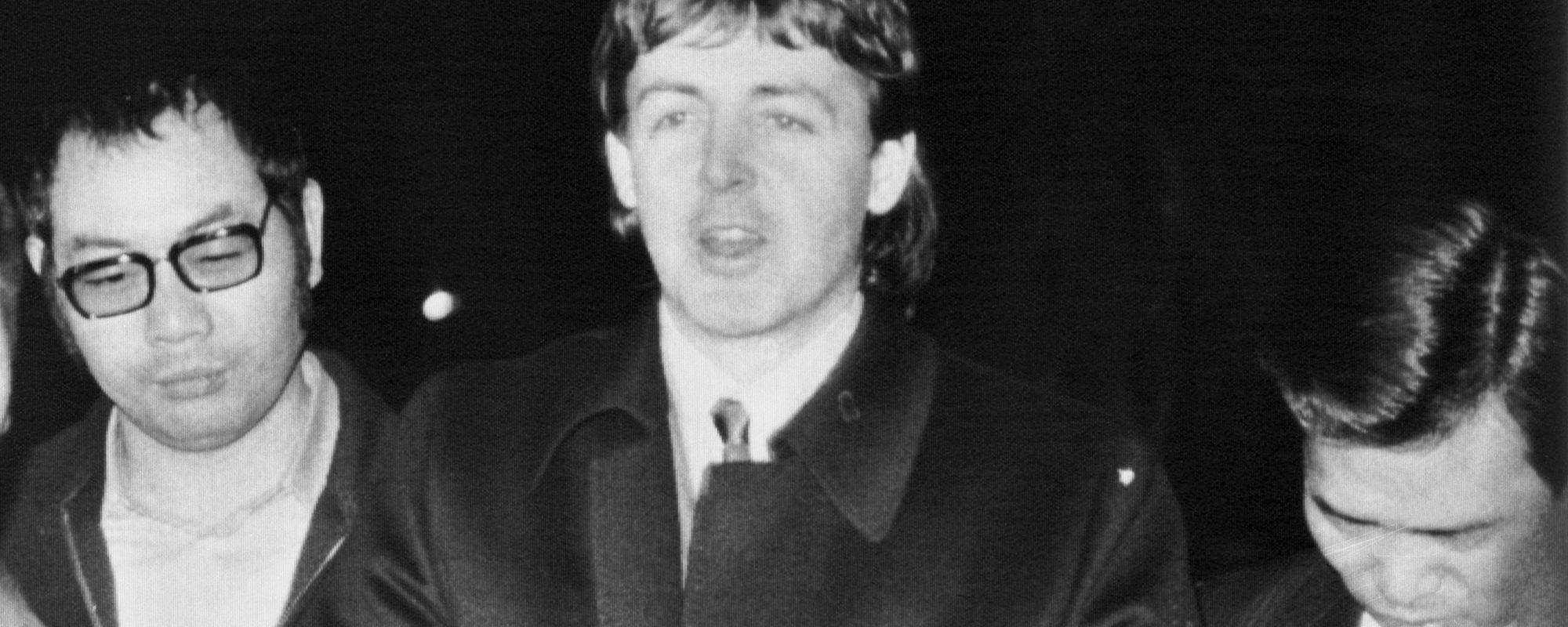
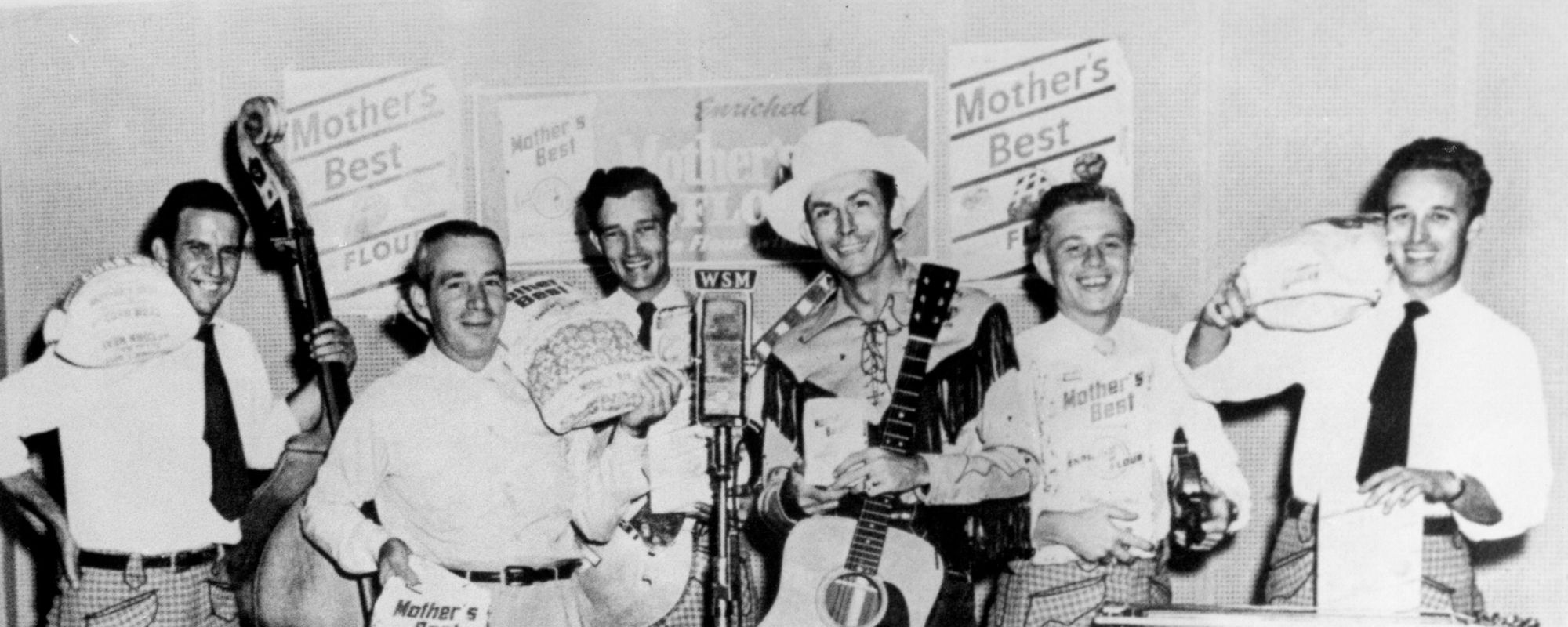
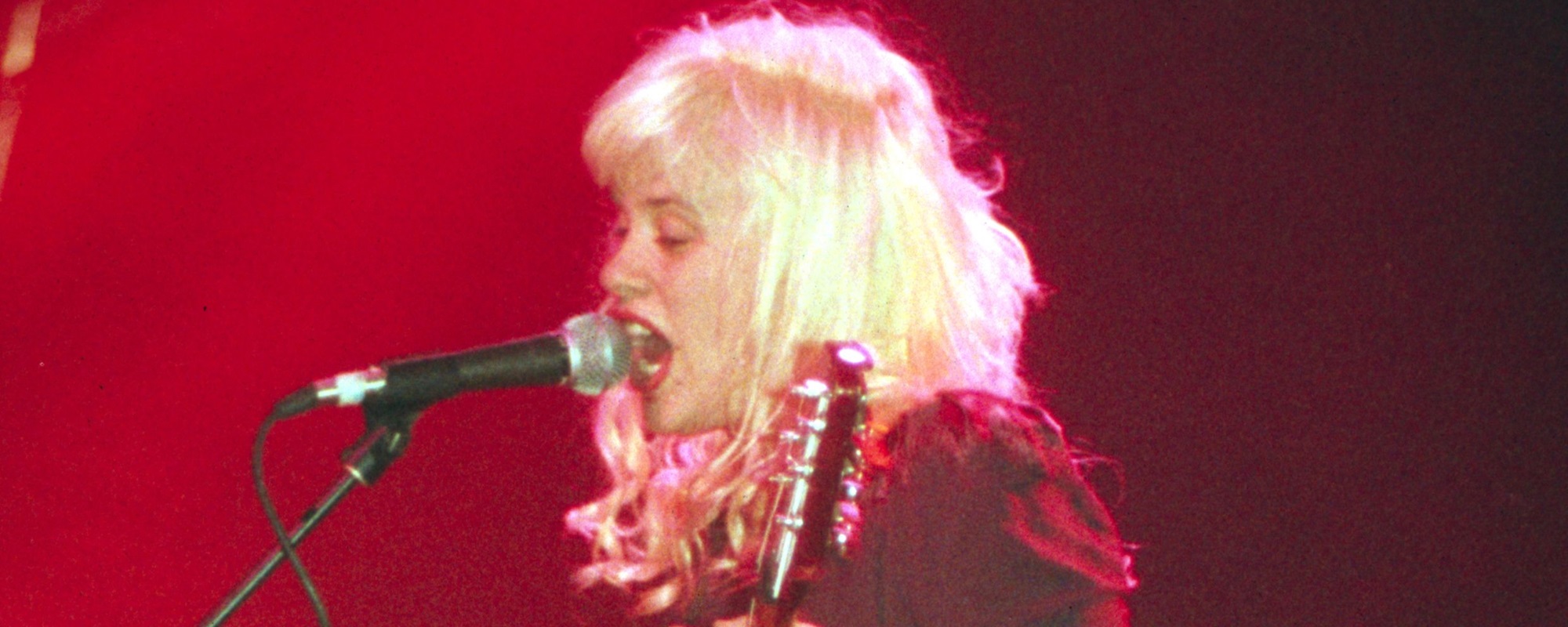


Leave a Reply
Only members can comment. Become a member. Already a member? Log in.